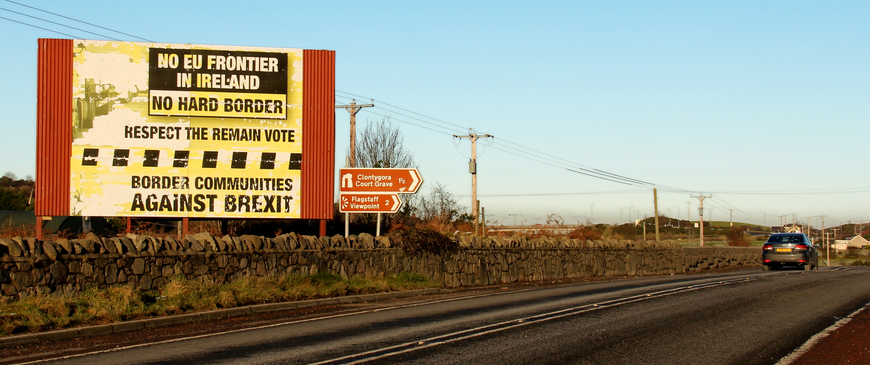
Trade secrets: John Springford answers three questions
Will it actually make much difference whether the UK and EU reach a Brexit deal or not?
A free trade agreement (FTA) is so disappointing compared with the single market that it’s tempting not to care.
But if an FTA means the economy is 5 per cent smaller, and no deal means 7 per cent, take the deal. And more importantly, the Northern Ireland-Great Britain border will be harder if there is no deal, because tariffs will be applied to some British goods coming into Northern Ireland, if there’s a risk they could be re-exported to Ireland. That is, unless Boris Johnson or a successor decides to rip up the protocol in part or entirely, forcing Ireland to erect a land border. No deal could thus destabilise Northern Ireland, and it’s vital to avoid that.
Does the EU’s new strategy of ‘open strategic autonomy’ make any sense?
It could make sense. The member states could cede more power over immigration, corporation tax, and the regulation of capital, services and digital markets to EU institutions. That would make Anu Bradford’s “Brussels effect” more powerful, because the EU’s market would be more integrated and its rulemaking more extensive. And if global companies followed more EU standards and other countries copied its rules, the bloc could be more confident about opening its market. But, as the slow progress towards a capital markets union shows, it’s not apparent that the member states prioritise such “geoeconomic” power over the right to regulate their own markets.
How will Covid change the way the EU is governed?
Covid has strengthened the EU by reinforcing the case for orthodox macroeconomics. Government borrowing costs are now at record lows, thanks to the European Central Bank intervening in sovereign debt markets. German conservatives have gone quiet about that. The League had a chance to try to take Italy out of the euro and balked, and now eurozone policy is less damaging to Italy’s interests. The recovery fund is very likely to go ahead, with a stronger rule of law mechanism to constrain would-be autocrats in Poland and Hungary. Over time, thanks to Brexit, life may become more uncomfortable for euro “outs”, forcing them to choose between influence over the EU project or maintaining their own currency.
John Springford is deputy director of the Centre for European Reform.
